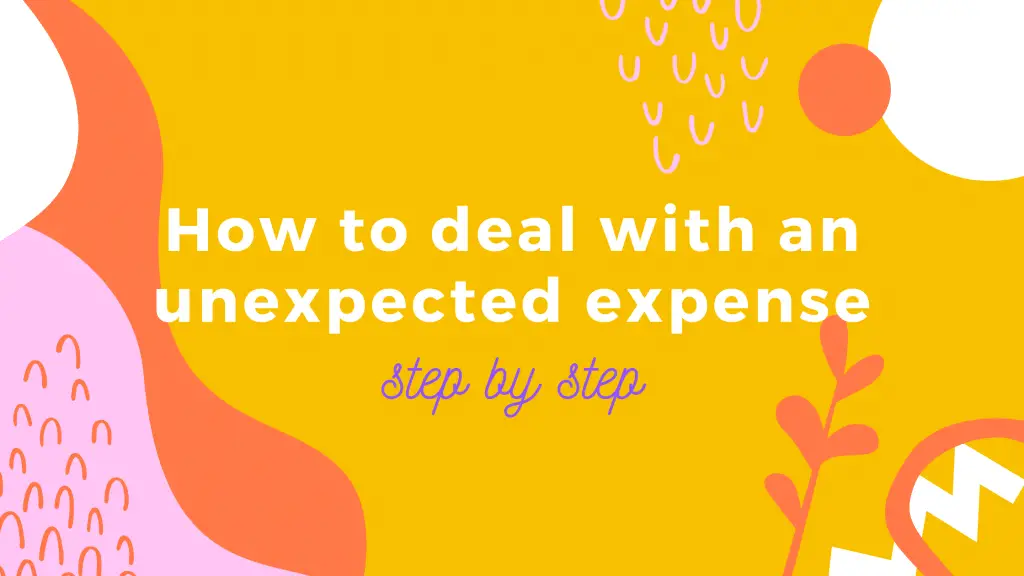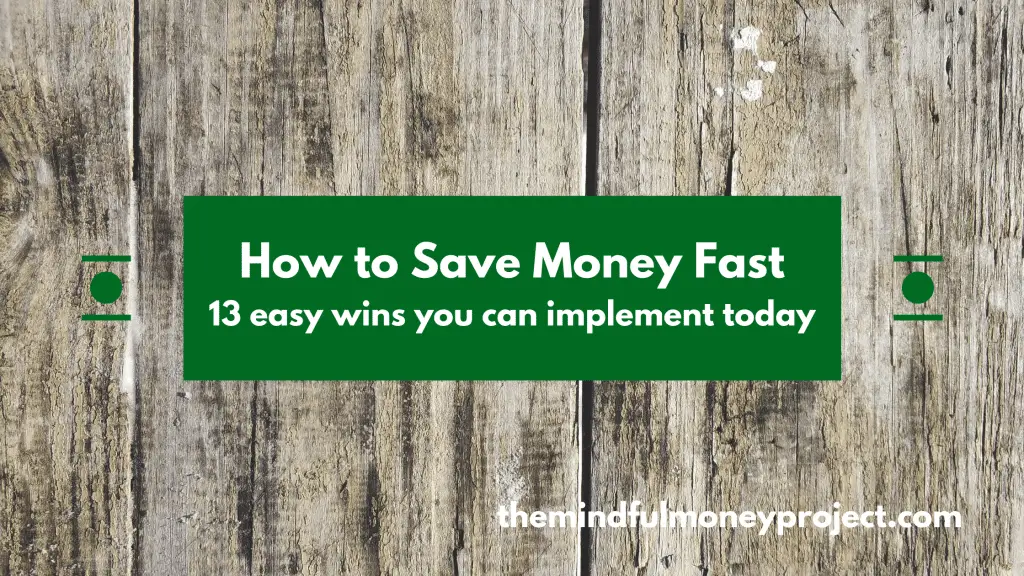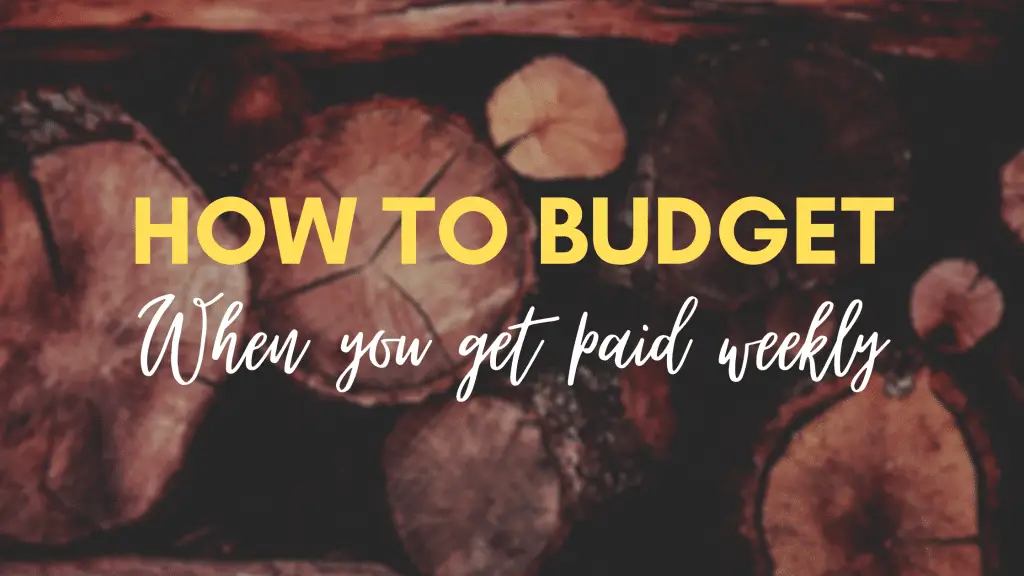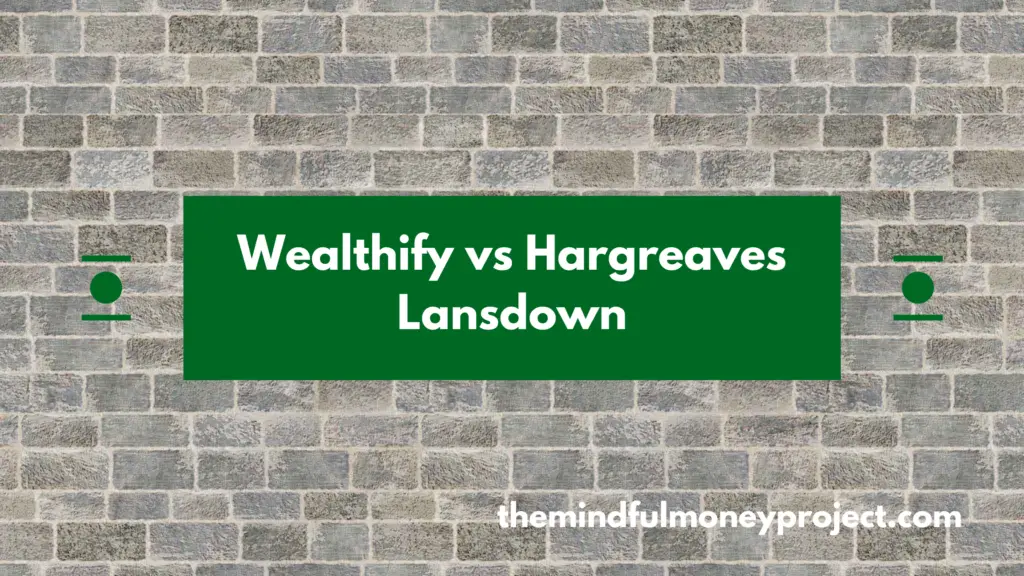As part of the Budgeting 101 article, I discussed the lengths you’ll need to go to depending on your current situation with regards to your Personal Profit.
I then discussed the different scale of savings/cuts that would be needed in order of what I consider to be pain-free savings vs painful savings which will improve your Personal Profit.
I’m going to expand on that concept in more detail in this article.
So, what is the difference?
These are how I would define them;
Pain-free savings are savings which have such a negligible impact on your lifestyle that you don’t notice them. You don’t need to change behaviour and you don’t need consistent willpower in order to achieve them. An example would be changing your broadband to another provider that provides the exact same service, but costs less.
Painful savings are considered the opposite and are savings which require changes to your lifestyle which you will notice. An example would be trying to cut down on meals out or drinks with colleagues.
The pain-free savings are relatively easy to get, you simply put in that one-time effort. However, painful savings require repeated discipline and willpower until the new habits stick.
As part of your journey to increase your level of Personal Profit, you’ll likely have to engage in a mix of pain-free and painful savings to ratchet up your savings rate.
Even if you’re in a comfortable position with your personal finances and are marching towards your goal, you should regularly check back in to your budget to try to identify any areas that you can grab some easy savings under the pain-free category (as well as making sure your spending habits remain healthy so you don’t need a round of painful habit changes down the road).
Pain-free savings are essentially free money. All you need to do is put a bit of time into finding them.
My top pain-free savings:
- Utility bills such as electricity, gas, water
- TV bills such as Sky/Virgin Media etc
- Internet
- Phone contracts
- Clearing old subscriptions (no longer used)
To find opportunities for pain-free savings, jump onto a price comparison website and check almost all of the ones above. The only limitation is that you may be locked into a contract, so be patient and put a reminder in your diary to take a look when you’re out of your contract period.
The most controversial on that list will be both phone contracts and TV bills. Some people swear by their Sky package with 5000000+ channels, but even then just ask yourself whether you do actually use them and whether there are cheaper packages out there. You could use Now TV to access the big games when they’re on, and still clock in under the full package costs, as an example.
Phone contracts are similar. I would argue to take out a SIM-only plan once your current contract expires and you can easily save upwards of £40-50+ per month (£480-600 per year!) by not upgrading to a new smartphone. You’re not depriving yourself as you’re still using the handset that you’ve grown used to, and most smartphones nowadays last longer than the classic two-year cycle anyway.
I’ve put together an in-depth article exploring 13 easy wins to help you save money fast.
Painful savings
So these are the ones that make some kind of impact on your lifestyle. Depending on who you are, you may find that cutting back on your Sky Sports package (which I raised as a “pain-free saving”) will be a big hit to your lifestyle. I would suggest working through these painful suggestions in order of the changes which will impact you the least, but impact your finances the most.
Any transactions that repeat month in, month out should be the first on the list to go as you only need to have the discipline and willpower to cut them once, but you feel the benefit each month. The hardest ones are the ones where you need to have active willpower and discipline regularly, for example resisting the urge to go out for a meal or drinks with colleagues.
My top painful savings suggestions, from highest to lowest in terms of impact on your finances:
- Car
- Downsize your car, get a smaller, more efficient car and benefit from the cheaper running costs (not only fuel, but tax and insurance, maintenance too). This could save you over £1000+ per year.
- TV
- Consider moving from a paid subscription to freeview. Most TVs are set up for freeview by default, and they have 70 channels available. This could save you over £1000+ per year.
- Groceries
- This is where the classic “saving tips” come in. I’m always dubious of spending too much time on these kinds of savings, but if you manage to secure a 10-20% saving in your weekly grocery shop, then due to it being a repeatable transaction, can add up significantly over the year. For example if you normally spend £100 per week, then a 20% saving will bring it down to £80, which adds up to a saving of £1,040 per year.
- Try meal planning at the beginning of each week to make sure you know what you need to buy and to minimise wastage
- Take a list with you when shopping to reduce the chances of getting distracted
- Try to trade a brand down. Rather than go for a brand name, trade down to the supermarket’s own brand.
- Trade a supermarket brand down. For example if you normally shop in Waitrose, try shopping in Sainsburys. If you normally shop at Tesco, try shopping in Aldi/Lidl.
- Still be mindful of quality, as sometimes a saving is just a false economy and you’re buying nutritionally inferior products. One area that may help is by replacing some of your animal protein with vegetable protein, but keep the quality of the animal protein high when you do eat it (organic, free range eggs and poultry for example).
- This is where the classic “saving tips” come in. I’m always dubious of spending too much time on these kinds of savings, but if you manage to secure a 10-20% saving in your weekly grocery shop, then due to it being a repeatable transaction, can add up significantly over the year. For example if you normally spend £100 per week, then a 20% saving will bring it down to £80, which adds up to a saving of £1,040 per year.
- Subscriptions
- These can easily be a death by a million cuts. Check through your monthly subscriptions and try to weigh up which ones you actually get value from vs the ones are “nice to have”. If you need to get really brutal, rinse all of them (goodbye, Netflix) and try to replace the time spent on those services with other cheaper activities such as running or knitting (!). This can have a big impact because it is a repeating transaction. You only need to have the willpower to cancel it once, and you’ll benefit each month from it. Imagine if you cancelled your Netflix, Amazon Prime and Disney+ accounts, you would save £250+ per year.
- Holidays
- People are normally more cognizant of the cost of their holidays as it is a one off spend. Bear in mind that you should be including holidays as a line in your budget, and as such should let that budget dictate your spend on holiday rather than the other way around. I love going abroad on holiday but am not too fussed on the accommodation as long as it is in a good location, so try shopping around for cheaper digs and it’ll be a good excuse to be out exploring the local sights and delights more of the time! Airbnb, Hostels and lower star-rating Hotels are all good bets.
- Eating out
- This is a tough one if you’re a social bee. Try organising dinner parties with your friends where you each take turns cooking in, or try to eat before you go out for drinks if you know you always get tempted with the food. Alternatively, try eating out less and simply cooking in more. Buy yourself a cookbook and start working through the recipes. I did try this and walked straight into a facepalm. Ended up spending £20 for a curry for two! We might as well have gone out for a meal at that price so just be mindful of this if replacing your evenings out with a fancy cookbook.
- Drinking
- This is the one I struggle with. I love going out for drinks with my friends, and it becomes especially hard to maintain a level of frugality when you’ve had a few beers in you. Try to tempt friends out to the local park or to your house where you can still drink (and in a nice setting!) but the prices are way lower due to not having to pay the pub’s/bar’s markup.
- Other Entertainment
- Theatre trips, cinema trips, bowling trips etc. This is the fun stuff that we all love to do. If you’re in a position where you’re making Personal Profit, you don’t need to make these kinds of cuts unless you’re really aggressively pursuing your goal. However, if you aren’t making a Personal Profit or are aggressively pushing towards your goal, then these are ripe for the picking.
- Try to replace these activities with free or cheaper ones, to ensure you keep investing enough time in your social life and relationships (another false economy if you cut too far on!). Some ideas would be sports, running, knitting, walking, reading and local clubs (which normally only charge a nominal fee).
See related: how to control impulse spending.
Now, there’s another painful suggestion that I haven’t discussed; housing.
This is probably your biggest expenditure as a proportion of your income. As a result, this one could really move the needle.
Moving to a cheaper area, or a smaller house, or closer to your workplace, all yield massive financial benefits whilst bringing along potential non-financial benefits too. Less space means you have to only keep the things that are important to you, giving you freedom from a tonne of material things that have been accumulated over the years. Being closer to work allows you to cycle/walk in which improves your health (as well as giving you back time due to a shorter commute).
See related: 7 tips on how to stop living paycheck to paycheck
How Do I Invest In The Metaverse?
Heard Facebook rebranded its corporate identity to Meta? This was the first introduction to the…
How to deal with an unexpected expense
This always seems to be the way of the world – you’ve managed to get…
Why starting to save when you’re young is so important (I wish I did more of it!)
I’m sure most people are in the same camp as me, but I regret not…
How To Cancel National Geographic Subscription UK
Bored of the National Geographic and want to cancel your National Geographic Subscription in the…
How to Save Money Fast in the UK – 13 Easy Wins You Can Implement TODAY
Found yourself in a squeeze and looking to shoot rocket fuel into your personal finances?…
Plum vs Emma – Which One Will Help You Save Money?
Wish you could harness technology to help your finances? You’re in luck. Today we pit…
How to budget when you get paid weekly
With nearly 17% of jobs getting paid weekly, you’re certainly not alone in trying to…
Moneybox vs Hargreaves Lansdown
Looking to grow your money with investing in the stock market but still nailing down…
How Much Does It Cost To Own A Car UK
If you’re looking to buy a car in the UK, it’s important to be aware…
Wealthify vs Hargreaves Lansdown
Investing in the stock market used to be an inaccessible world full of jargon, stockbrokers…













Pingback: What is Personal Profit? - Personal Profit Builders
Pingback: How The Timeframe of Your Personal Finance Goal Makes A Big Difference - Personal Profit
Pingback: How I Paid Off £2,000 Debt and Saved £9,000 In Less Than One Year - Personal Profit
Pingback: How Big Should My Emergency Fund Be? - Personal Profit
Pingback: How to budget when you get paid weekly - Personal Profit
Pingback: 7 tips for how to stop living paycheck to paycheck - Personal Profit
Pingback: Can saving money make you rich? - Personal Profit
Pingback: How to deal with a financial emergency step by step - Personal Profit
Pingback: THE cheapest way to get Sky Sports (without a subscription) -
Pingback: Average net worth in the UK - how do you compare? - Personal Profit
Pingback: What are the benefits of budgeting? - Personal Profit
Pingback: The 7 biggest finance mistakes young professionals make in their 20s - Personal Profit
Pingback: Why starting to save when you're young is so important
Pingback: Should I Save an Emergency Fund or Pay Off Debt? | The Mindful Money Project
Pingback: How To Calculate Your Savings Rate - Savings Rate 101
Pingback: What Is A Budget? | The Mindful Money Project
Pingback: The Big Bad Budget - My Top 5 Reasons Why You Need A Budget | The Mindful Money Project
Pingback: What is the difference between income and wealth?